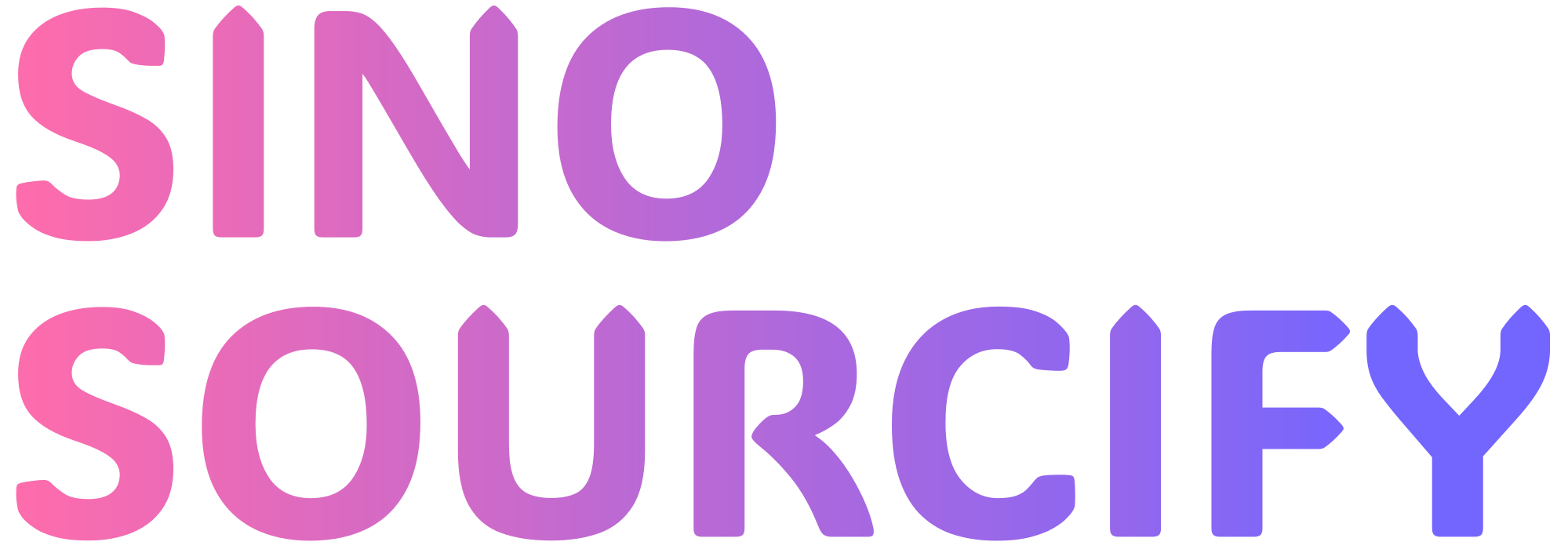In today’s competitive global market, ethical manufacturing and social compliance are no longer optional—they are essential. WRAP (Worldwide Responsible Accredited Production) certification is a globally recognized standard that ensures factories adhere to ethical labor practices, workplace safety, and environmental responsibility. For businesses aiming to enhance their credibility and market reach, achieving WRAP certification is a strategic move. This article explores the key aspects of WRAP certification and how Long can support your journey toward compliance.
What Is WRAP Certification?
WRAP certification is an independent, voluntary program focused on promoting safe, lawful, humane, and ethical manufacturing worldwide. It covers 12 core principles, including compliance with laws and workplace regulations, prohibition of forced labor, and environmental sustainability. Companies that achieve WRAP certification demonstrate their commitment to responsible business practices, which can strengthen partnerships with global brands and retailers.
Why Is WRAP Certification Important?
Obtaining WRAP certification offers numerous advantages, from improving brand reputation to gaining a competitive edge. Here are some key benefits:
1. Enhanced Market Access
Many international retailers and brands require suppliers to hold WRAP certification. By becoming certified, your business can unlock new opportunities in global markets, particularly in North America and Europe.
2. Strengthened Ethical Credentials
Consumers and stakeholders increasingly prioritize ethical sourcing. WRAP certification serves as proof of your commitment to fair labor practices and sustainability, fostering trust among clients and investors.
3. Operational Efficiency
The certification process encourages businesses to streamline operations, reduce risks, and improve workplace conditions—leading to higher productivity and employee satisfaction.
The WRAP Certification Process
Earning WRAP certification involves several steps, including self-assessment, third-party audits, and continuous compliance. Here’s a brief overview:
1. Self-Assessment
Before applying, companies must evaluate their compliance with WRAP’s 12 principles. Long provides resources and tools to help businesses conduct thorough internal audits.
2. Application Submission
Once ready, submit an application to WRAP and schedule an audit with an accredited monitoring firm.
3. On-Site Audit
An independent auditor will inspect facilities, review documentation, and interview employees to verify compliance.
4. Certification Decision
After the audit, WRAP reviews the findings and grants certification if all requirements are met. Certifications are valid for one to two years, with periodic follow-up audits.
How Long Supports Your WRAP Certification Journey
Navigating the WRAP certification process can be complex, but Long simplifies it with expert guidance and tailored solutions. Our services include:
- Compliance Consulting: Our specialists help identify gaps and implement corrective actions.
- Training Programs: We offer workshops on WRAP standards to prepare your team.
- Documentation Assistance: Long ensures your records meet audit requirements.
With Long’s support, businesses can achieve WRAP certification efficiently, minimizing disruptions and maximizing long-term benefits.
Conclusion
WRAP certification is a powerful tool for businesses committed to ethical manufacturing and global compliance. By partnering with Long, companies can navigate the certification process with confidence, unlocking new opportunities and reinforcing their reputation as responsible industry leaders.




